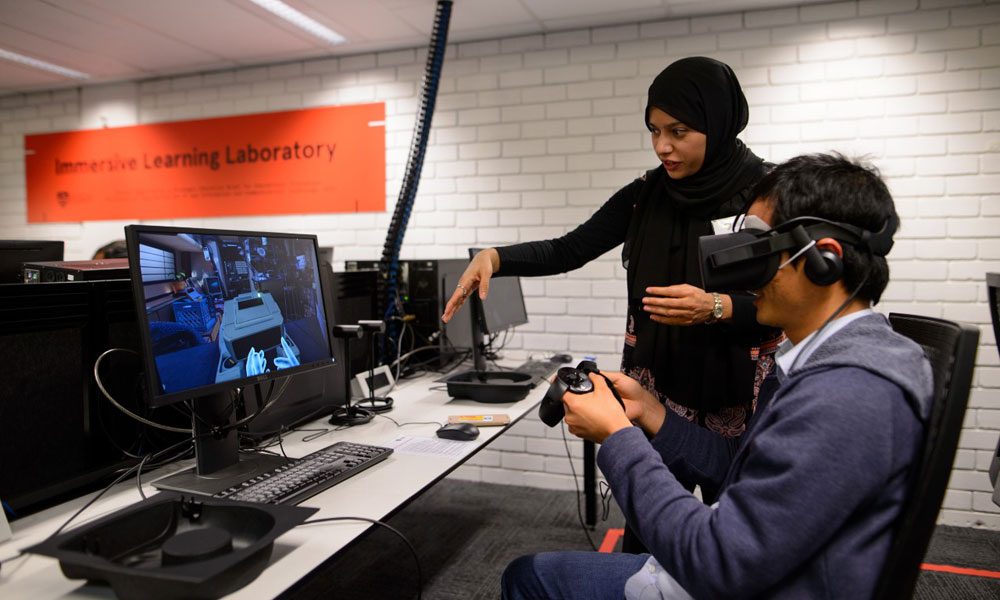Silicon Valley has an insatiable need for high-tech talent. In fact, according to a study by Northwestern Polytechnic University, improved high-tech jobs in the region have grown 36% since 2010, and “the number of available high-wage job openings will outpace the supply of qualified individuals looking for work” through 2025.
The high-tech education industry has never been bigger. According to recent figures by the Bureau of Labor Statistics, “employers are expected to hire 741,000 new information technology workers” by 2022. The demand for engineering graduates is also strong, with the number of jobs projected to increase 9% between 2012 and 2022.
From coding boot camps to online universities, the demand for new talent is at an all-time high. However, with so many options to choose from, which type of high-tech education is best?
The answer to this question involves considering several factors, including cost, time commitment, flexibility, and return on investment. Here are some questions that prospective students should ask themselves when considering their options.
- First, what kind of curriculum do you want to study?
- Do you prefer an online or traditional on-campus model?
- What type of institution would allow for the most flexibility in course load, scheduling, and work experience requirements?
- Do you need a flexible return policy if you decide later on that your chosen career path isn’t right for you?
The second step in choosing a high-tech education is to analyze your life goals and preferred learning style.
For example, an online institution designed for busy working adults may be the best option if you are looking to switch careers or take classes on your schedule; however, it might not be the right choice for someone who would prefer to learn in a classroom setting with face-to-face interaction.
A full-time school may allow you to switch careers more rapidly than taking classes part-time or on your own, but it might not be an option if you are trying to take courses while maintaining an existing job.
All of this is to say that there are many factors to consider when choosing a high-tech education, but none is more important than the school’s mission statement.
Best Majors for Working in Silicon Valley
According to the Bureau of Labor Statistics, some of the most “in-demand jobs in Silicon Valley require education and training in science, technology, engineering and mathematics (STEM) fields,” which is why majors such as computer science and engineering tend to land the best high-tech jobs.
However, this doesn’t mean that all STEM majors will find success in Silicon Valley; prospective students should choose a major based on their interests and career goals rather than simply choosing a major because it is seen as “cool” or trendy by other students or society as a whole.
For example, the most in-demand majors in Silicon Valley change from year to year. In 2021, Northwestern Polytechnic University’s top 10 in-demand majors were information systems management, computer science, and mathematical science. However, a cursory look at a few leading universities shows that many of their hottest majors for this year include “software engineering, computer science, and mathematics,” among others.
